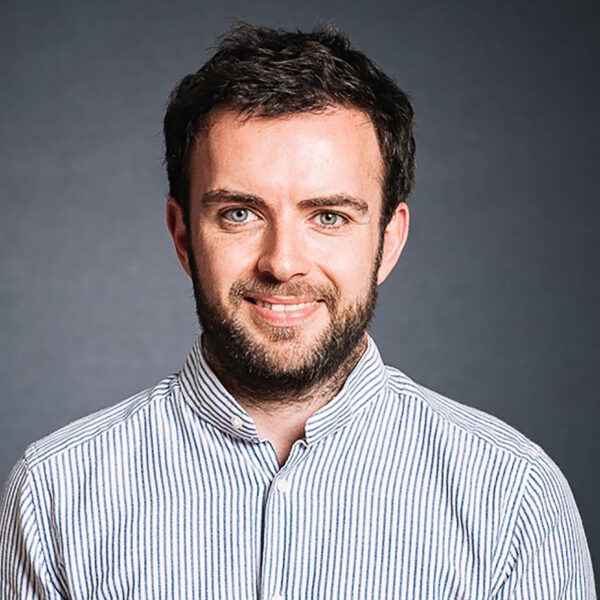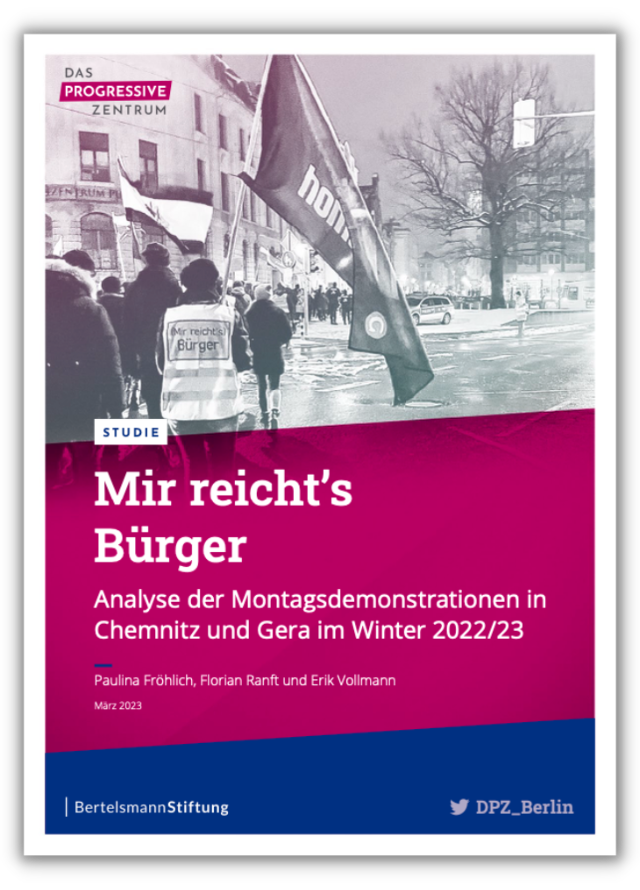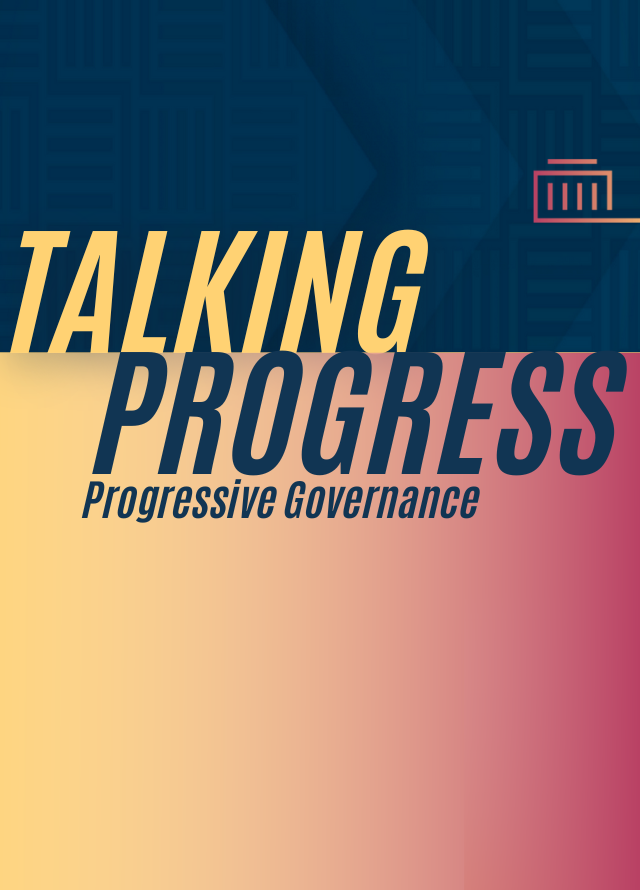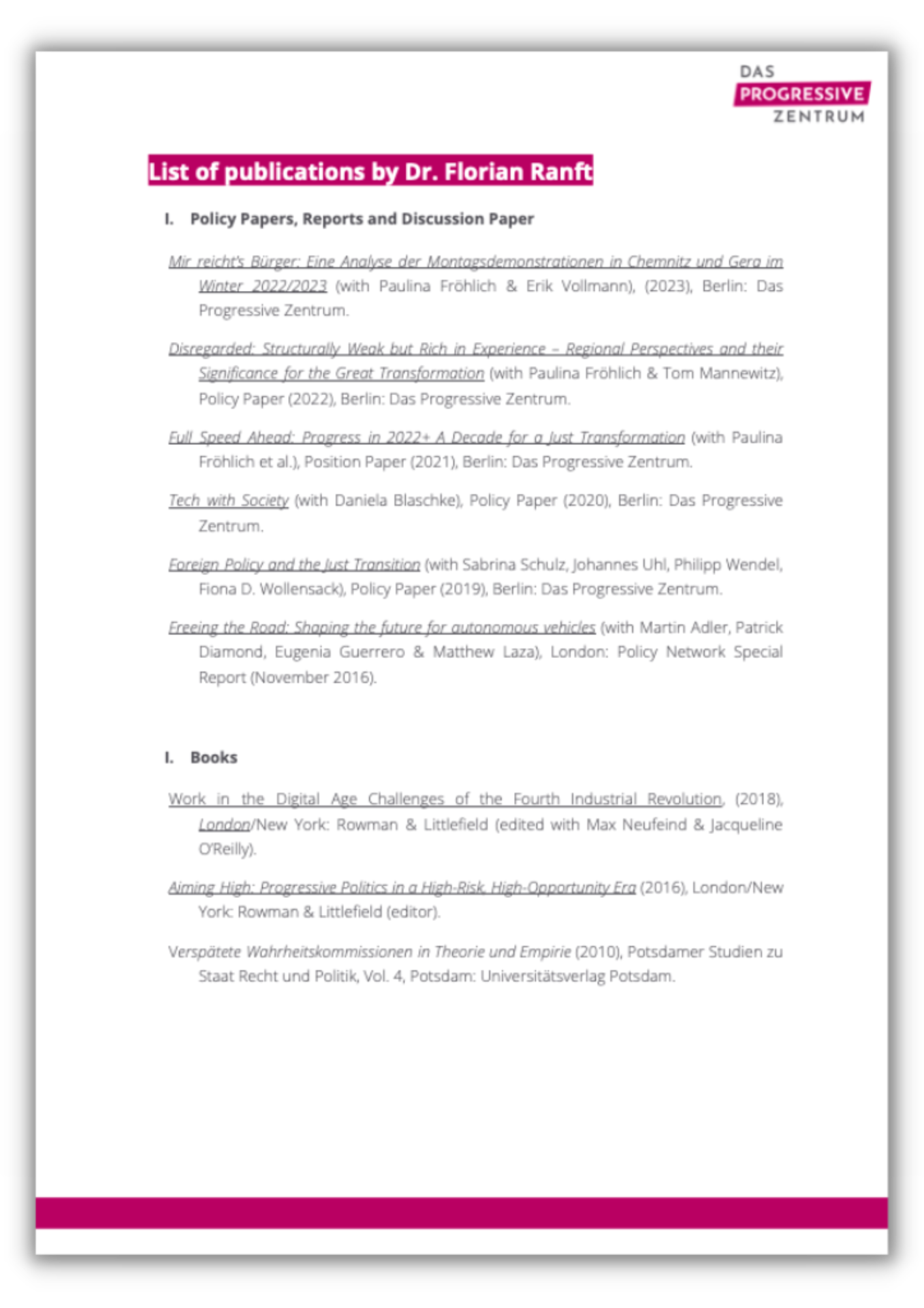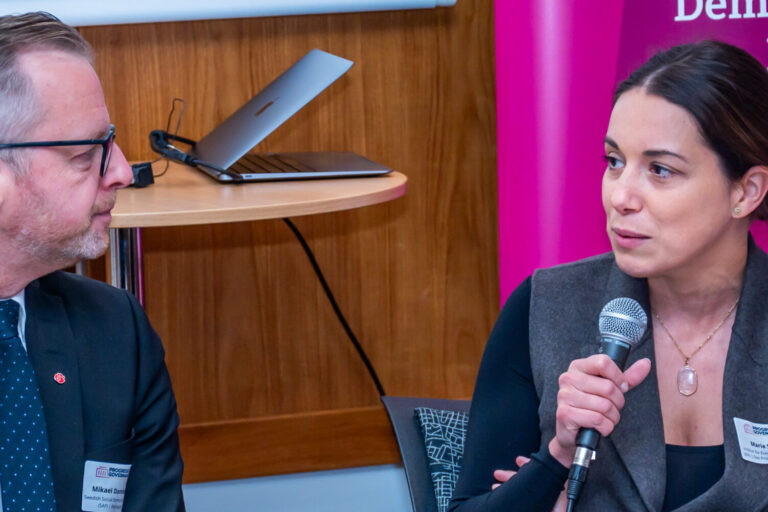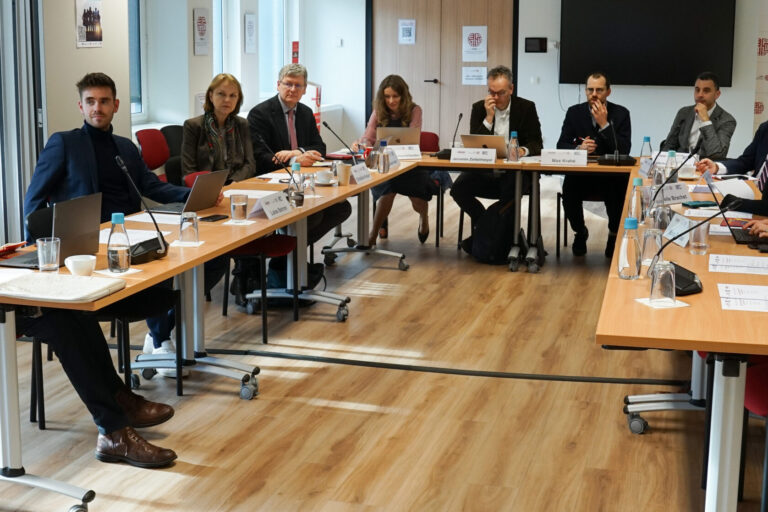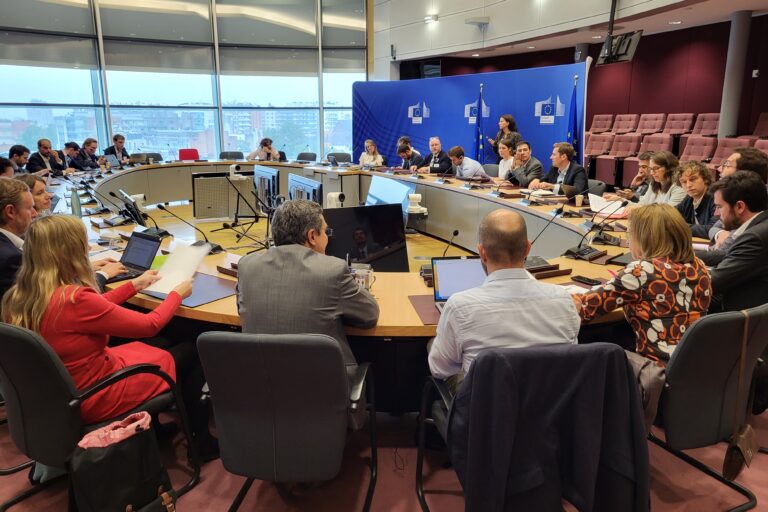Publikationen
Mir reicht's Bürger
Progressive Governance: Rise or Demise – How Democracies Can Withstand Authoritarian Attacks
Meldungen
Progressive Governance – Stockholm Seminar 2023
Die Gestaltung einer progressiven Toolbox zur Inflationsbekämpfung: Expertentreffen des Progressive Economics Network in Brüssel (EN)
Getting the Green Deal Done: Das Progressive Economics Network trifft sich in Brüssel (EN)
- Lessons from Germany for a Just Transition
- Progressive Economics Network Meetings During IMF Spring Meetings in Washington, D.C.
- Progressive Economics Network trifft sich im Vorlauf des G20-Gipfels zum zweiten Mal
- Progressive Economics Network startet mit Pre-Briefing zu den IMF Annual Meetings
- Was für ein Fest!
Projekte

Wir entwickeln und debattieren Ideen für den gesellschaftlichen Fortschritt – und bringen diejenigen zusammen, die sie in die Tat umsetzen. Unser Ziel als Think Tank: das Gelingen einer gerechten Transformation. ▸ Mehr erfahren

